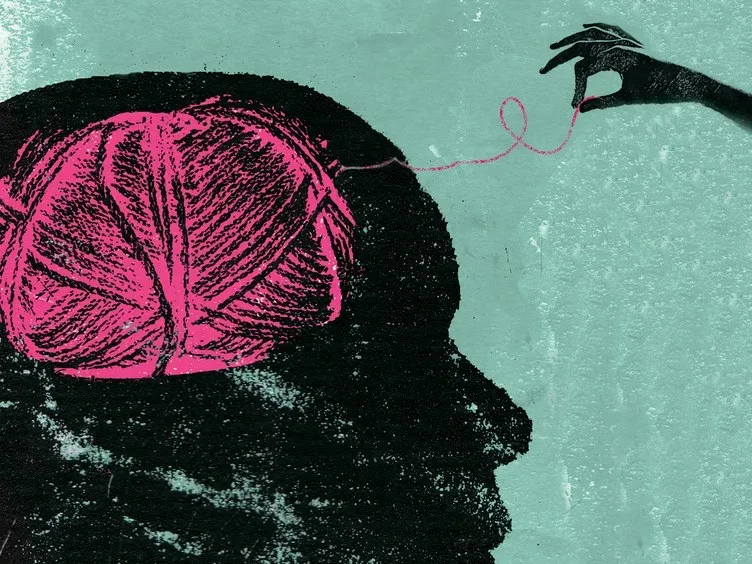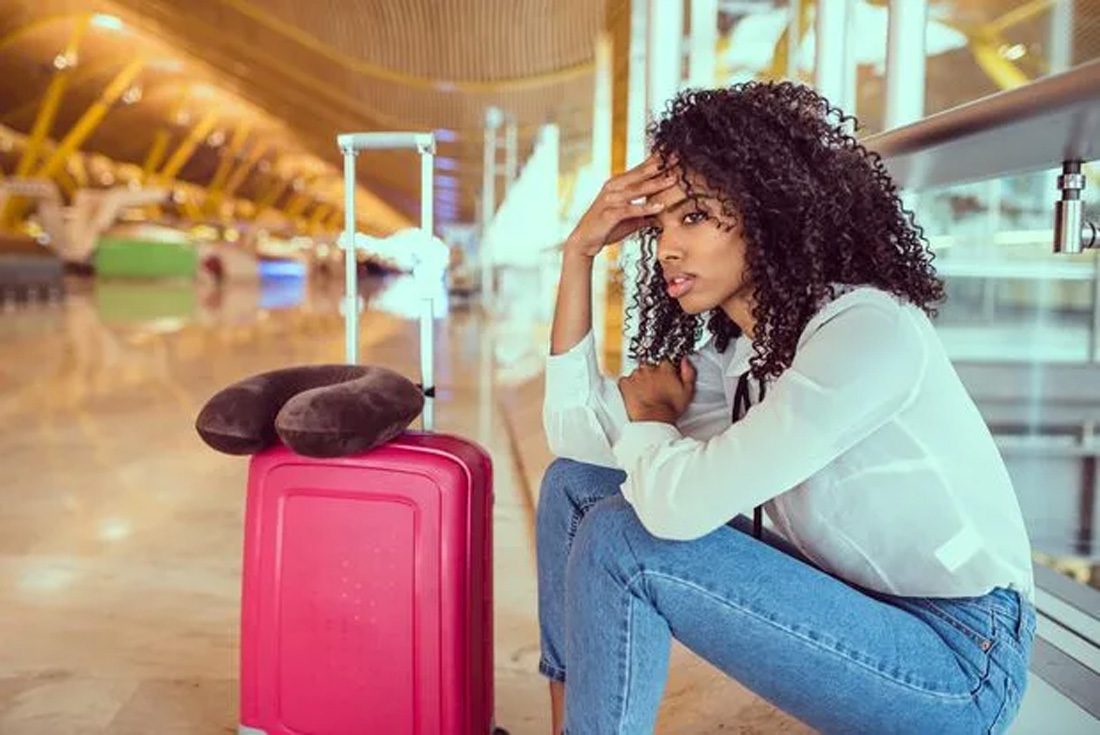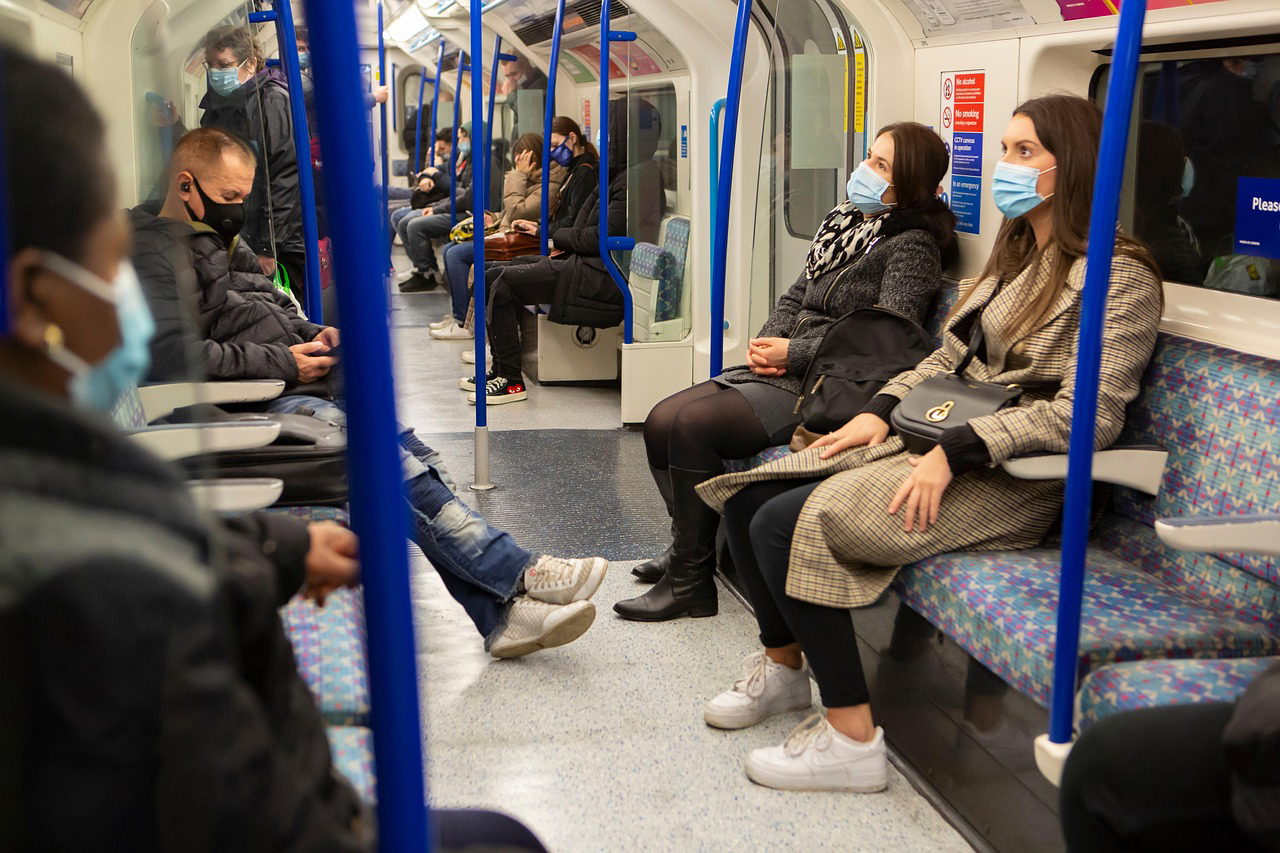How does travel affect your mental health?
When we talk about mental health, we are talking about our emotional, psychological, and social well-being. Mental health affects how we act, think, and feel, making it extremely important throughout all stages of life.
Check out “Why is Mental Health Important?” for more information about the specifics of mental health.
The effects travel has on one’s mental health: benefits and challenges
Travel can have both positive and negative effects on one’s mental health. However, traveling and exploring new places can be good for everyone if the right precautions are taken. Traveling can improve your mental health by:
Allowing for a mental reset: Traveling regularly can have a great impact on your overall mental health. Regularly finding time for travel can even improve the benefits of traveling. Taking time for yourself while stepping away from daily stressors can help you improve or reset your mental power. When you return from your travels, you may feel more productive and focused because you gave your brain time to rest. New experiences are beneficial for improving brain function as it has also been linked to stress, anxiety, and depression reduction. There have also been studies proving that travel improves people’s general mood and outlook on life.
Helping combat monotony: Traveling provides opportunities to connect with people with all different backgrounds and to learn about different cultures, which can increase your empathy and understanding towards others. It can teach you how to reduce biases and improve your overall tolerance to others, which can even decrease one’s own frustrations.
Increasing confidence: Traveling extends your comfort zone and presents you with new challenges. Facing the challenges of travel increases the trust you have in yourself, allowing you to have a deeper understanding of yourself. Becoming more in tune with oneself allows you to accept who you are as a person, and to avoid comparing yourself to others. Ultimately leads to you gaining a stronger sense of self-purpose in life while giving you newfound confidence. As your confidence increases, so does your overall life satisfaction and happiness.
Increasing creativity: Travel is a fantastic way to boost and spark one’s creativity. The more you travel, the more you are exposed to new cultures, religions, languages, food, and much more. Travel is a way to build problem-solving skills, which is a skill linked to creativity. Travel is one of the most effective ways to gain new perspectives and to see the world in new ways.
Although travel has wonderful outcomes for mental health, that doesn’t mean you should rely on it as a form of therapy. Travel can provide people with healthier and more satisfied lives, but it never guarantees that. Unfortunately, travel can lead to increased stress levels due to the lack of familiar support systems, daily routines, language barriers, and culture shock which can all intensify stress levels. Dramatic changes in environmental conditions may also have detrimental effects on one’s well-being. It can also be difficult on your mental health when thinking about all the money you’re going to spend on your trip. To avoid the stress induced by money, planning out your budget and mentally preparing yourself prior to your trip can save a lot of stress down the road. As long as you go into travel with an open mind it’s more likely that you will find fantastic results in bettering your mental health and giving your mind a change in scenery.

How to maintain your mental health when traveling
It’s very easy to get caught up in the excitement of traveling, but it’s important to take care of yourself. It’s easy to forget that taking care of your mental health also means taking care of your body. When traveling, it’s important to stay hydrated and eat enough healthy foods to keep your body going. Also, taking your time and giving yourself breaks rather than having a jam-packed itinerary can also make or break your trip.
If you suffer from anxiety or depression, it’s important to talk to your medical provider prior to your travels and, if you take any medications, to make sure you have enough while you are away. It could also be a good idea to keep your coping mechanisms in mind in case they’re needed. Although, travel tends to have more positive effects on one’s mental health than negative.
Post travel mental health
Unfortunately, there is something called post-travel depression. Post-travel depression can set in after coming back from a trip and cause feelings of boredom, sadness, and disconnection from your daily life. These feelings can last from weeks to months. This can be caused by many reasons, such as reverse culture shock, the loss of freedom, loneliness, and even nostalgia. This isn’t something that should scare you away from traveling. The following are some ways to overcome or avoid post-travel depression:
- Stay active: exercising, keeping up with or finding new hobbies, or any other form of physical activity is a great way to improve your mood and give your life structure.
- Connect with others: reach out and make plans with friends and family.
- Keep a journal: writing about your travel experiences and even what’s going on in your life at home can help you clear your mind.
- Plan your next trip: even if it’s in the far future, planning your next trip can give you something to look forward to while overcoming boredom.
- Get professional help: if you need to talk to someone or are finding your mental health decreasing it’s important to seek help such as with a therapist or counselor. Remember it’s always okay to ask for help!
Remember to take care of yourself and enjoy your travels!




